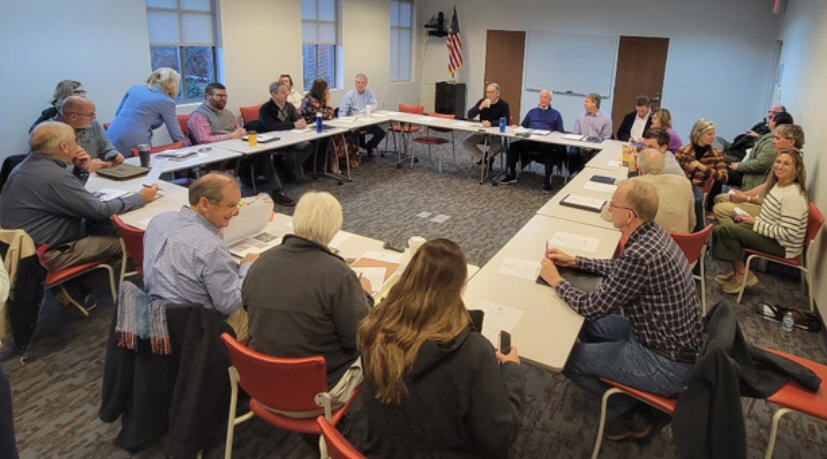CHEC Conducting Cost of Service Study
It has been almost ten years since Cape Hatteras Electric Cooperative (CHEC) has had a cost of service study conducted, and rates have been at their current level since 2009. But with system improvements, increases in the cost of purchased power, (which represents approximately 60% of the cooperative’s expenses), and CHEC’s upcoming replacement of a transmission cable on the new Bonner Bridge, it has come time to perform a cost of service study once again.
A cost of service study is an in-depth analysis of revenues, expenses, and future cost projections to determine how much revenue will be needed to meet the financial obligations of the cooperative.
During a cost of service study, rates are examined, and recommendations for changes are made concerning the base charge, rate structures, and the cost per kWh.
In most cases, a cost of service study is performed more often than ten-year increments, but low commodity prices and closely managed costs have enabled CHEC to offer members stable rates for nearly a decade.
Recently, North Carolina electric distribution systems have seen projections of increasing purchase power costs, (primarily driven by Duke Energy coal ash settlements), and CHEC is no exception. However, CHEC has some additional financial pressures as well.
Here on Hatteras Island, facilities are subjected to extreme coastal conditions, which rapidly deteriorate the electric infrastructure and causes increased maintenance and depreciation expense. In addition, the new Bonner Bridge will require the cooperative to install new transmission cables to serve Hatteras and Ocracoke Islands. CHEC has estimated that this will cost approximately $10 million. (At press time, the cost to install the hanger and conduit system on the new bridge had not been finalized by NCDOT.) Finally, all of the costs associated with these required capital improvements will not produce any additional revenue to recoup those costs. These are all factors that will be considered in the upcoming study.
Per CHEC, in every cost of service study, difficult decisions must be made to equitably distribute the revenue requirements over the various rates and their components. For example, options such as a change in the per kWh rate or an increase in the base charge could be used to meet future revenue requirements. Objectivity is the key to producing an accurate cost of service study, and with that in mind, CHEC has contracted with Booth and Associates, a consulting group, to take financial information and cost projections, and present the cooperative with recommendations for future rates. CHEC anticipates the study to be completed in the late fall of this year.
CHEC states that they will continue to look for cost saving measures to minimize the impact of rate changes to their members in the future.







